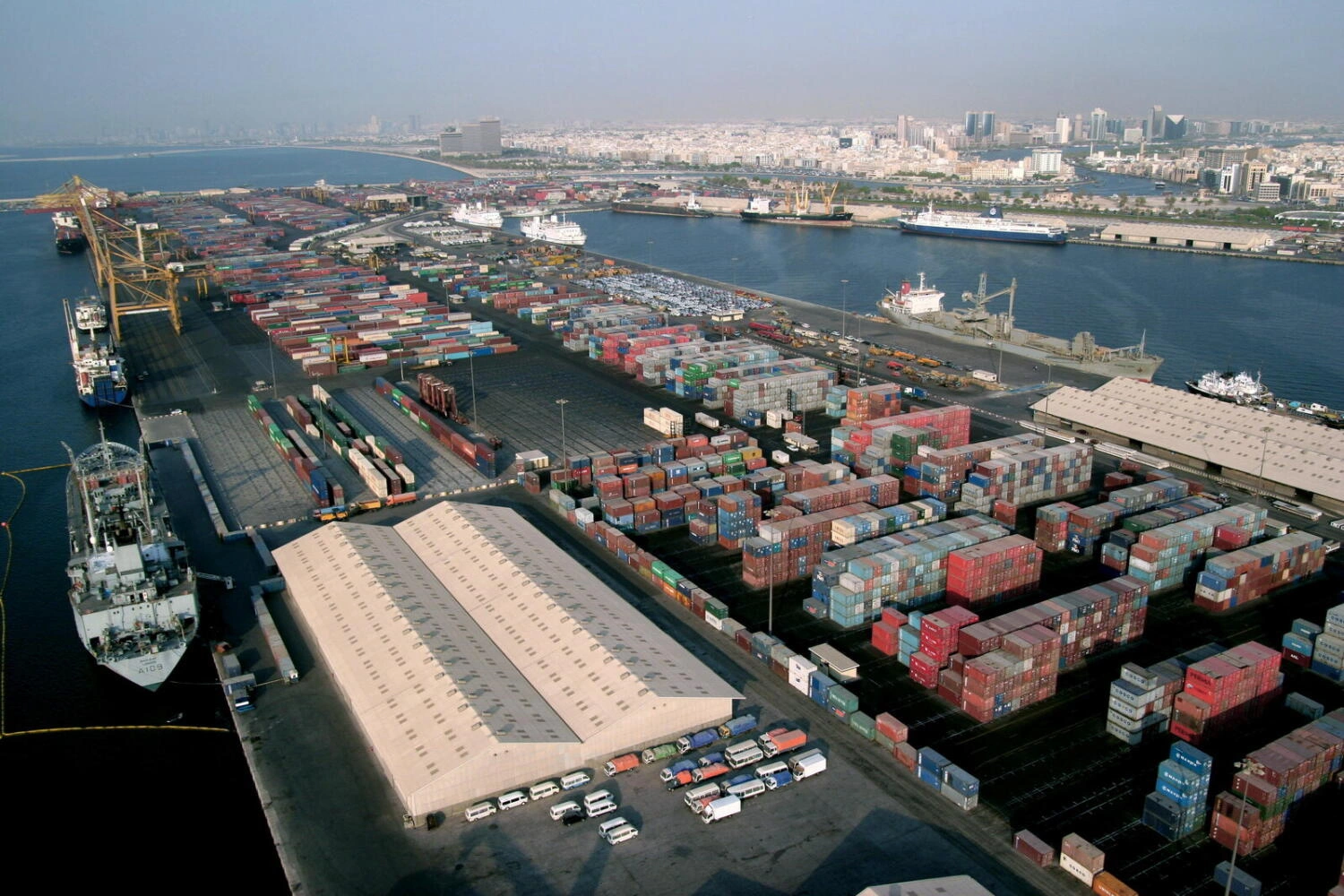The UAE is set to expand its Comprehensive Economic Partnership Agreements (Cepas) in 2025, aiming to collaborate with more countries to boost benefits for both the UAE and its global trade partners, as highlighted by Dr. Thani bin Ahmed Al Zeyoudi, Minister of State for Foreign Trade.
Since the launch of the Cepa program in September 2021 and until early December 2024, the UAE has successfully signed 24 agreements with countries and international groups. These agreements impact approximately 2.5 billion people, covering nearly a quarter of the global population.
In the first half of 2024, the UAE’s foreign trade reached an all-time high, surpassing Dh1.395 trillion. This represents an impressive 11.2% growth compared to the same period in 2023. Over the years, the trade growth rates were 28.8%, 54.7%, and 66%, when compared to the same periods in 2022, 2021, and 2019, respectively.
Dr. Al Zeyoudi emphasized that these agreements reinforce a fair, rules-based international trade system, support sustainable development, attract more investments, and create new opportunities for trade in goods, services, and re-exports.
He stated that the Cepa program is crafted to expand the UAE’s trade and investment partnerships globally, solidifying the UAE’s position as a key gateway for non-oil goods and services. It further establishes the country as a global hub for business and investment.
These agreements align with the UAE’s vision, which sees free trade with clear rules as essential for driving economic growth and inclusive development. The variety of agreements and the UAE’s ability to build strong partnerships across five continents have opened significant opportunities for businesses in various sectors and unlocked new markets.
Al Zeyoudi also highlighted the positive impact of Cepas on the UAE’s foreign trade, especially in non-oil trade, re-export services, logistics, clean and renewable energy, technology, financial services, green industries, advanced materials, agriculture, and sustainable food systems. He added that these agreements are also boosting advanced technology and other key sectors.





